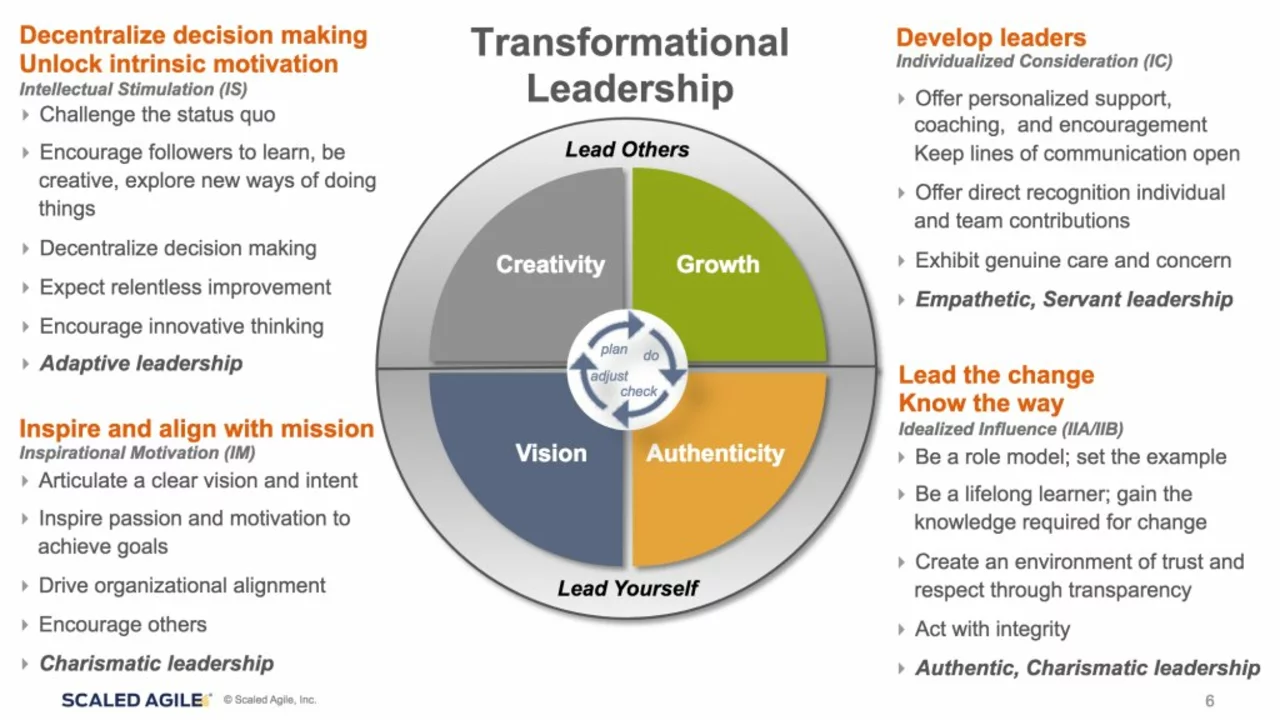Education and Career Advice: Real Tips for Your Future
Feeling stuck about what to study or which career to chase? You’re not alone. Millions of students and professionals face the same cross‑roads every year. The good news? You don’t have to figure it out in a vacuum. Below are straight‑forward ideas that can help you choose a degree, build a career plan, and stay on top of your exam results without drowning in jargon.
Choosing the Right Degree
First off, ask yourself what excites you. Do you get a buzz when you help someone understand a concept? That could point toward an education degree. Or maybe you love solving puzzles and see yourself in tech? Look at programs that blend theory with hands‑on projects.
Money matters, too. Check the average starting salary for the fields you’re eyeing and compare it with the tuition cost. A quick Google search or a visit to a college’s career services page can give you real numbers. Remember, a higher salary doesn’t always mean a better fit – job satisfaction often comes from daily tasks, work culture, and personal values.
Another practical step: reach out to current students or alumni. A short chat on LinkedIn or a campus tour can reveal the hidden pros and cons of a program. Their stories are worth more than any brochure.
Planning Your Career Path
Once you’ve narrowed down a degree, think about the steps after graduation. Internships are the fastest way to turn classroom knowledge into real‑world experience. Even a month‑long placement can land you a full‑time offer or at least a solid reference.
Keep an eye on exam result dates. Knowing when your scores will be released lets you schedule applications, interviews, or extra courses without scramble. Our site, Instant Exam Results, sends updates so you can plan ahead instead of guessing.
Set short‑term goals (like mastering a specific skill) and long‑term goals (such as a leadership role). Write them down and revisit them every few months. Adjustments are normal – the job market shifts, and your interests can evolve.
Don’t forget soft skills. Communication, time management, and teamwork often decide who gets the promotion. You can boost these through clubs, volunteer work, or part‑time jobs. Employers love candidates who show they can juggle multiple responsibilities.
Finally, stay curious. Subscribe to a few newsletters, join online forums, or follow industry influencers. The more you hear about trends, the easier it is to spot emerging opportunities before they become mainstream.
Choosing a degree and carving out a career path isn’t a one‑time decision; it’s a series of small, informed moves. Keep the focus on what feels right for you, back it up with data, and use every resource – from alumni advice to instant exam updates – to stay ahead. With the right plan, you’ll turn uncertainty into confidence and start building the future you want.

Should I get an education degree?
Deciding whether to pursue an education degree is a personal choice and depends on your career goals. If you're passionate about teaching and shaping young minds, an education degree can offer the necessary skills and credentials. However, it's essential to consider the financial investment and the potential return. Some may find the rewards of teaching outweigh the monetary aspects, while others may prefer a degree with a more direct financial payoff. Do your research, consider your passion and prospects, and make an informed decision.
Read More